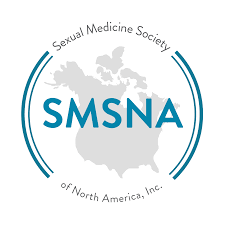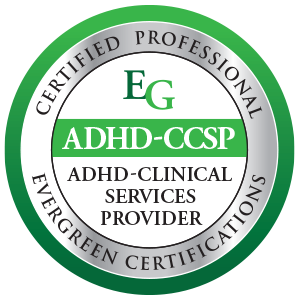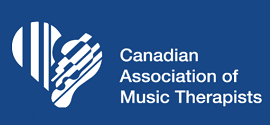Hello & Welcome!
I’m Michelle, a Registered Counselling Therapist, licensed in Nova Scotia and a Registered Psychotherapist licensed in Ontario.
My areas of clinical focus include all things relationships (partners, families, friends, work), Adult ADHD, Autism & AuDHD, sexual health, sexual violence, and complex trauma.
I believe healing happens in relationship—especially in a therapeutic space where you feel truly seen and understood. While I’m trained in multiple modalities, our sessions will feel like collaborative conversations focused on creating a safe, attuned connection where your nervous system can settle and your emotional world can begin to shift. This kind of deep, supportive alliance helps rewire old patterns and opens up new ways of being, feeling, and relating.
Therapy isn’t about being “fixed”—it’s about remembering who you are beneath the noise, the expectations, the roles, and the coping. It’s a space for slowing down, for being witnessed, for exploring the deeper layers of self through conversation, reflection, and meaning-making. We are storied beings, shaped by experience and memory, and in therapy we can tend to those stories with curiosity, compassion, and care—honouring what helped us survive, and rewriting what no longer serves us well.
Therapy is a delicate balance between science and art. The science gives us tools and insight—but the art is where the magic happens. It’s in the moments that are hard to explain but deeply felt: the quiet attunement, the emotional resonance, the safety to be fully yourself. That’s where it begins.
I’m glad you’ve found your way to my page; I look forward to connecting with you to explore possibilities.
My Advocacy Statement on Neurodivergence & Mental Health Stigma
I believe stigma around autism, ADHD, and mental health comes from misunderstanding and from trying to fit everyone into a narrow idea of “normal.”
Too often, neurodivergent people are told to be less sensitive, more productive, and more “together.” We’re taught to mask, to shrink, and to push through, which leaves us disconnected and deeply tired.
Mental health stigma only adds to this.
But healing doesn’t come from pushing harder. It comes from being seen, feeling safe, and being met with care. In my work, I honour differences and I see people as doing their best in systems that were never built for them.
For me, advocacy means softening the language, widening the lens, and making space for people to show up as they are.
Warmest,
M













